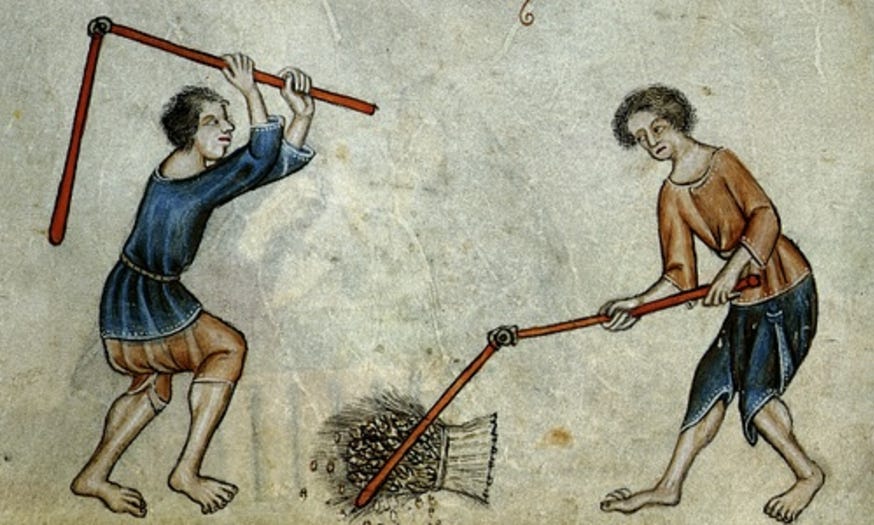The neo-feudalism of homeless confiscation
Another sign that we're probably closer to feudalism than socialism.
ProPublica has posted a heartbreaking piece on the disaster of homeless confiscation storage programs. When police break up homeless encampments — a practice that was often considered cruel and unusual punishment until a recent Supreme Court ruling — they typically confiscate any belongings the find. Lawsuits like this one filed by the ACLU have challen…
Keep reading with a 7-day free trial
Subscribe to Carl Beijer to keep reading this post and get 7 days of free access to the full post archives.





